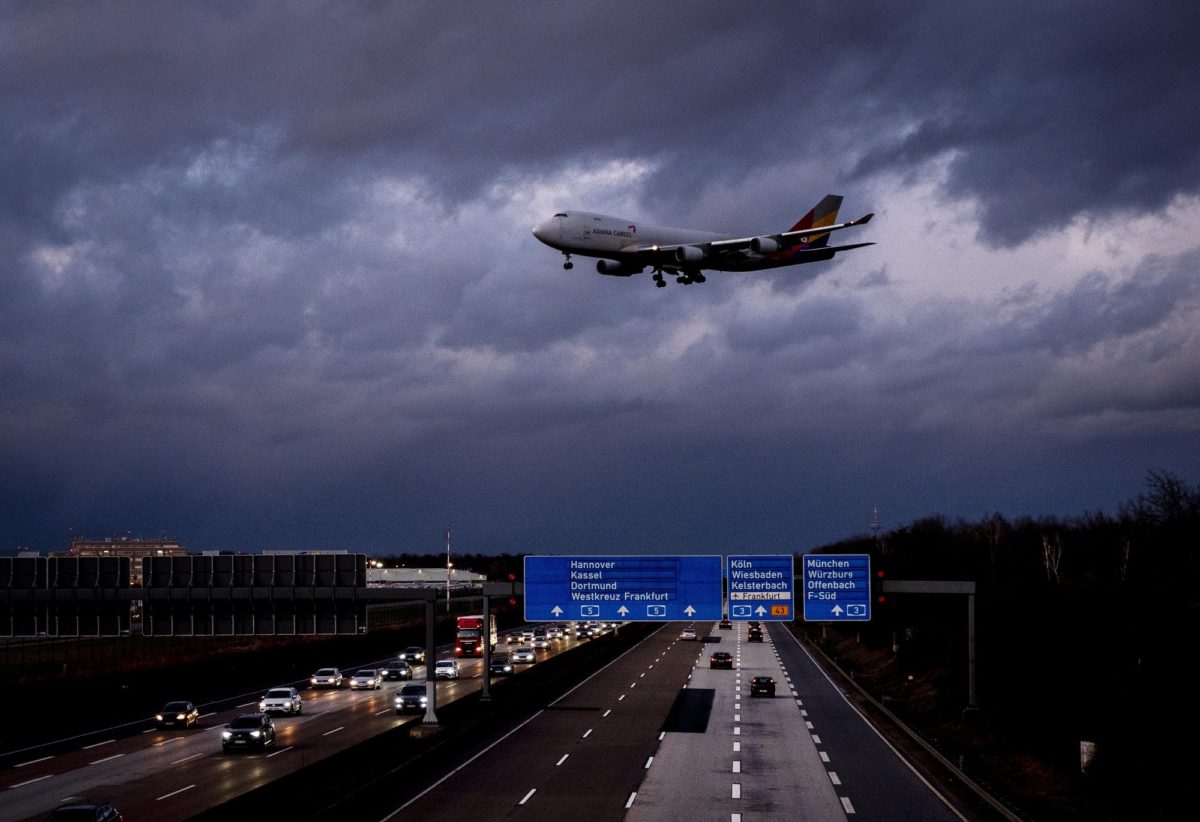
Boeing still hasn’t learned from its mistakes. Its careless quality control practices put us all in danger. | Image: AP Photo/Michael Probst
- Boeing has found foreign object debris in several of its grounded 737 MAX planes.
- The company has a long history of delivering dangerous, debris-filled planes to consumers.
- Boeing needs to dramatically overhaul its quality control system and inspect every 737 MAX it has ever produced before the plane is ungrounded.
How would you feel if you discovered that you were flying on a plane with rags, tools, and other debris in its fuel tank? It sounds like a ridiculous scenario, but if you’ve flown in a Boeing 737 MAX before, chances are you have already had this experience.
Boeing’s (NYSE:BA) toxic, cost-cutting culture has already claimed the lives of 346 people in the last three years alone. And recent reports suggest the company has learned nothing from these high-profile catastrophes.
Boeing factory floor. | Source: Shutterstock
According to internal company documents, Boeing has found foreign object debris in the fuel tanks of multiple undelivered 737 MAX jets. The company will be inspecting all 400 of the undelivered planes for debris. But with hundreds of the potentially dangerous planes already delivered to carriers, the 737 MAX could be a disaster waiting to happen if it ever flies again.
Boeing is Still Reeling from the 737 MAX Grounding
Boeing is still reeling from the aftermath of the disastrous 737 MAX program. The jet, which used a faulty software called MCAS to augment its flight behavior, claimed the lives of 346 passengers in two fatal crashes before being grounded by the FAA and other international regulators.
The grounding has cost the airline industry billions and earned Boeing its first annual loss in over two decades.
It looks like Boeing still hasn’t learned from its mistakes. According to an internal company memo, Boeing found foreign object debris in several of its undelivered 737 MAX planes at its plant in Renton, Washington.
Mark Jenks, the general manager of Boeing’s 737 program, stated the following in a message to employees:
During these challenging times, our customers and the flying public are counting on us to do our best work each and every day. That’s why we’re taking action after a range of Foreign Object Debris (FOD) was recently found in the fuel tanks of several 737 MAX airplanes in storage.
He elaborated:
FOD is absolutely unacceptable. One escape is one too many. With your help and focus, we will eliminate FOD from our production system.
What About Planes That Are Already Delivered?
Boeing will inspect all 400 of the undelivered 737 MAX planes for debris and implement better quality control going forward. But with almost 400 737 MAX planes already delivered to customers, it’s almost certain that some of the already-delivered planes contain foreign object debris.
That would make these planes a tangible danger to the public if they are ever ungrounded.
Phil Lebeau of CNBC Business News says foreign object debris is dangerous:
Foreign object debris – or FOD – you don’t want that floating around in a plane. It could be a screw. It could be a nut that was left in there by the team when they were building the plane. You don’t want that floating around in any plane because it could cause a short-circuit or other issues with the wiring of the plane.
Boeing Has a Long History of Delivering Debris-filled Planes
If you think Boeing’s disastrous 737 MAX program is a one-off crisis for the company, you are sadly mistaken. Boeing has a long track record of delivering potentially dangerous aircraft to consumers.
Boeing’s KC-46A tanker program, which started in 2013, has been plagued by setbacks and unacceptable failings including – you guessed it – foreign object debris. The problem was so egregious and widespread that the Air Force had to ground the entire fleet.
Will Roper, the Air Force’s assistant secretary for acquisitions, technology, and logistics, seems to understand the issue at Boeing. He stated the following in June:
The service is finding tools, rubbish and left-over parts such as loose nuts during inspections.
He goes on to elaborate:
It’s a cultural issue. This is not something you fix by sending out a memo, and then there’s no foreign object debris in the airplanes.
The Air Force attempted a “cultural dialogue” with Boeing, but apparently, it was to no avail. The company is still producing planes with random garbage floating around inside them. And it still believes stern memos will solve the entrenched problem within its culture.
Something Needs to Be Done About Boeing
Boeing has had many opportunities to learn from its mistakes. The company doesn’t seem to be making meaningful changes in the way it does business. It’s only a matter of time before Boeing’s ridiculous culture gets someone hurt.
Boeing won’t solve its foreign object debris problem with stern memos and a token inspection of 400 planes.
No, Boeing needs to completely overhaul its quality control process and re-inspect every single 737 MAX it has ever produced before the plane is ungrounded. That’s the only way the public can be sure that these planes are safe.
Disclaimer: The opinions expressed in this article do not necessarily reflect the views of CCN.com.
This article was edited by Sam Bourgi.






